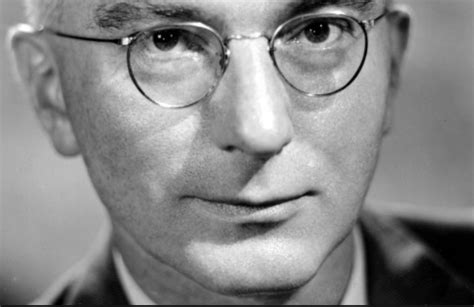A Quote by David Hume
There surely is a being who presides over the universe; and who, with infinite wisdom and power, has reduced the jarring elementsinto just order and proportion. Let speculative reasoners dispute, how far this beneficent being extends his care, and whether he prolongs our existence beyond the grave, in order to bestow on virtue its just reward, and render it fully triumphant.
Related Quotes
We hear much nowadays as to the speculative ideas of men concerning the condition beyond the grave; but the admission that there is an individual existence beyond the grave, is a declaration that there must have been an individual, intelligent creation before we came here in the flesh. Life beyond the grave postulates a pre-existent state.
Philosophy springs from the love of being; it is man's loving endeavor to perceive the order of being and attune himself to it. Gnosis desires dominion over being; in order to seize control of being the Gnostic constructs his system. The building of systems is a gnostic form of reasoning, not a philosophical one.
If human life is in fact ordered by a beneficent being whose knowledge of our real needs and of the way in which they can be satisfied infinitely exceeds our own, we must expect a priori that his operations will often appear to us far from beneficent and far from wise, and that it will be our highest prudence to give him our confidence in spite of this.
A prevalent fallacy is the assumption that a proof of an afterlife would also be a proof of the existence of a deity. This is far from being the case. If, as I hold, there is no good reason to believe that a god either created or presides over this world, there is equally no good reason to believe that a god created or presides over the next world, on the unlikely supposition that such a thing exists.
There is an ultimate wildness in all this, for the universe, as existence itself, is a terrifying as well as a benign mode of being. If it grants us amazing powers over much of its functioning we must always remember that any arrogance on our part will ultimately be called to account. The beginning of wisdom in any human activity is a certain reverence before the primordial mystery of existence, for the world about us is a fearsome mode of being. We do not judge the universe.
The universe is no narrow thing and the order within it is not constrained by any latitude in its conception to repeat what exists in one part in any other part. Even in this world more things exist without our knowledge than with it and the order in creation which you see is that which you have put there, like a string in a maze, so that you shall not lose your way. For existence has its own order and that no man’s mind can compass, that mind itself being but a fact among others.
I want to be remembered as an imaginer, someone who used his imagination as a way to journey beyond the limits of self, beyond the limits of flesh and blood, beyond the limits of even perhaps life itself, in order to discover some sense of order in what appears to be a disordered universe. I'm using my imagination to find meaning, both for myself and, I hope, for my readers."-Clive Barker
I believe in the supreme excellence of righteousness; I believe that the law of righteousness will triumph in the universe over all evil; I believe that in the attempt to fulfil the law of righteousness, however imperfect it must remain, are to be found the inspiration, the consolation, and the sanctification of human existence.
We live in order to finish an, as yet, unfinished universe, unfinished so far as the human, that is, the highest part of it, is concerned. We live in order to develop the superior qualities of man which are, as yet, for the most part latent.
The actual infinite arises in three contexts: first when it is realized in the most complete form, in a fully independent otherworldly being, in Deo, where I call it the Absolute Infinite or simply Absolute; second when it occurs in the contingent, created world; third when the mind grasps it in abstracto as a mathematical magnitude, number or order type.









































